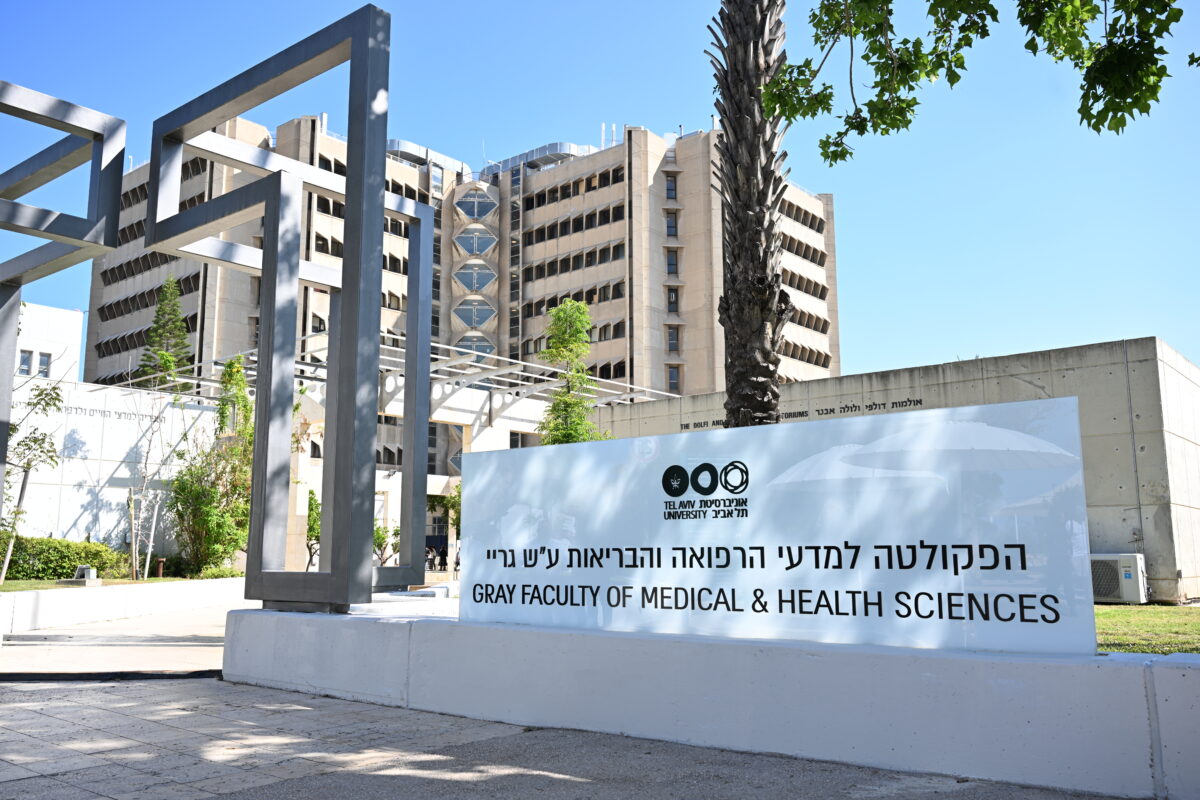Pakistan’s financial crisis, caused by a long delay in the $1.1 billion bailout from the International Monetary Fund, is severely hitting its philanthropic sector. It could mean more cutbacks in charitable programmes already struggling.
The rupee’s massive devaluation and 36.6 per cent inflation rate, the highest in the country’s history, has caused a squeeze on incomes.
Both public and private sector organisations say budgets have slashed with little money to cover expenses, a threat to the ongoing projects as well as the jobs of staff members.
Mass closures of shelters, known as ‘Panahgah’, as well as soup kitchens (Langar Khana), both opened under former prime minister Imran Khan with help from private hunger relief organisations, have hit Pakistani’s needy.
Shelters in the north-westerly Khyber Pakhtunkhwa and Balochistan provinces have closed down lately with the semi-autonomous charitable body Pakistan Baitul Mal, which oversees the initiative, citing the unavailability of funds. All workers except guards were also laid off, reported German broadcaster Deutsche Welle (DW).
Pakistan Baitul Mal has delayed the funding of patient care, suspended food deliveries to poor neighborhoods in Islamabad and the adjoining city of Rawalpindi impacted women’s vocational training program.
“Private societal actions of philanthropy and charities are here to stay. However, such government and public-funded initiatives may suffer due to fiscal constraints. The government needs to focus on insulating allocation for the social safety nets amidst this crisis,” development economist and head of the Islamabad-based think tank Sustainable Development Policy Institute (SDPI) Dr. Abid Suleri told DW.
The organisation’s managing director Amir Fida Paracha told DW that he had asked the government for additional grants as an urgent matter to ensure welfare projects keep going while minimising its administrative expenditure to divert funds to projects of public welfare.
Charity worker Muhammad Shahid, of the Chhipa Welfare Association in Karachi, says that reduced purchasing power due to high inflation has meant a 50 per cent reduction in Zakat, the charitable tax Muslims give way annually for Eid-Al-Fitr, collected by his organisation.
Credit:Source link



